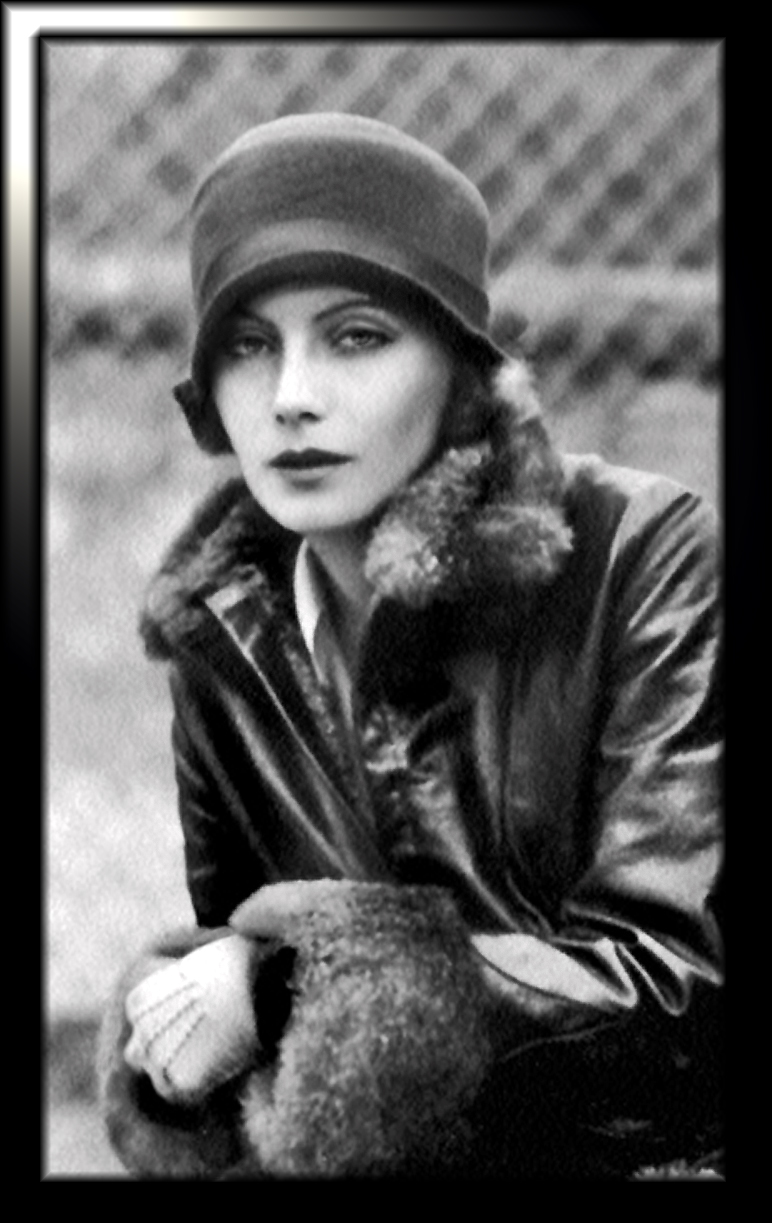
She landed her first starring role in G.W. Pabst's film about the down and out in Vienna, following the First World War. Her character is Greta, the daughter of an unemployed state worker who suffers to make sure her father and little sister don't starve. She systematically sacrifices all she has, including her dignity, to spare her family from hardship, but her idiot of a father does nothing but inadvertently hurt them anyway.
It was a promising beginning for the young actress, not only showing off that exquisite face with those sleepy doe eyes, but also showed a respectable range of emotions. I was moved by her performance and was invested in character; it is of no surprise to me that she would become the biggest sensation in film, challenged only by the American "It" girl, Clara Bow. What is fortunate for her and for modern audiences is that she did not fall victim to the dreaded pantomime, but rather kept a rigid, demure face and a composure which makes the film a lasting one.
As for the movie itself, it is a decent, thought-provoking look at the effects of war and the reconstruction process under the Wiemar Republic. Greta is the ever-suffering personification of the German volk, tested by the ineptitude of the aged and the greedy capitalist. As an historical text it is a rich piece for analyzing the voice of the people in art in a time and place when scholars are only ever really focused on those in charge.
As entertainment for an audience, I found this to be an engaging movie with characters which I cared about. The English version is meant to be about half the length as the original German one. If you can read German, which I cannot, it might be interesting to do a side-by-side analysis to find what was left out, and thereby determine what American and British audiences were not seeing when it premiered. It is an ironic story, though one with a compromised ending which I was not fond of. If nothing else, it is always nice to see Garbo do what she does, and what she does is exist in her radiant form.
3/4
No comments:
Post a Comment